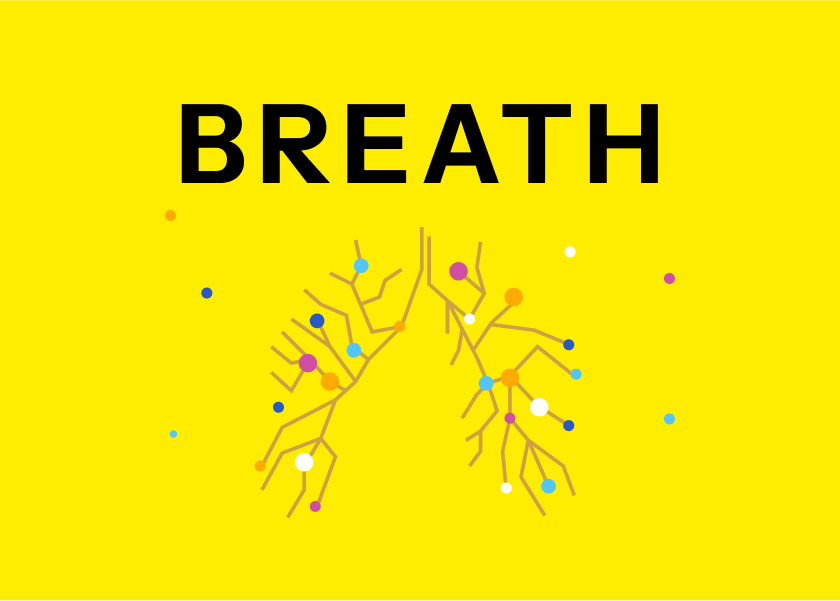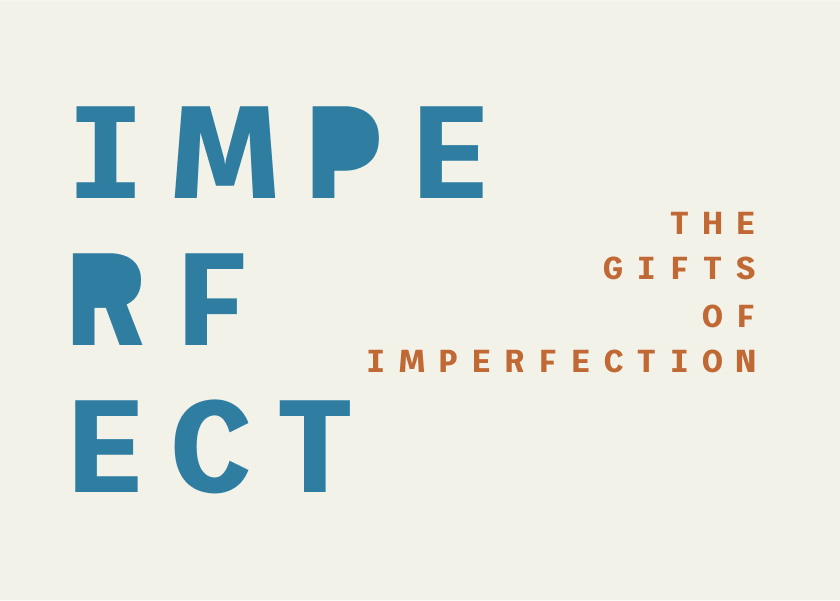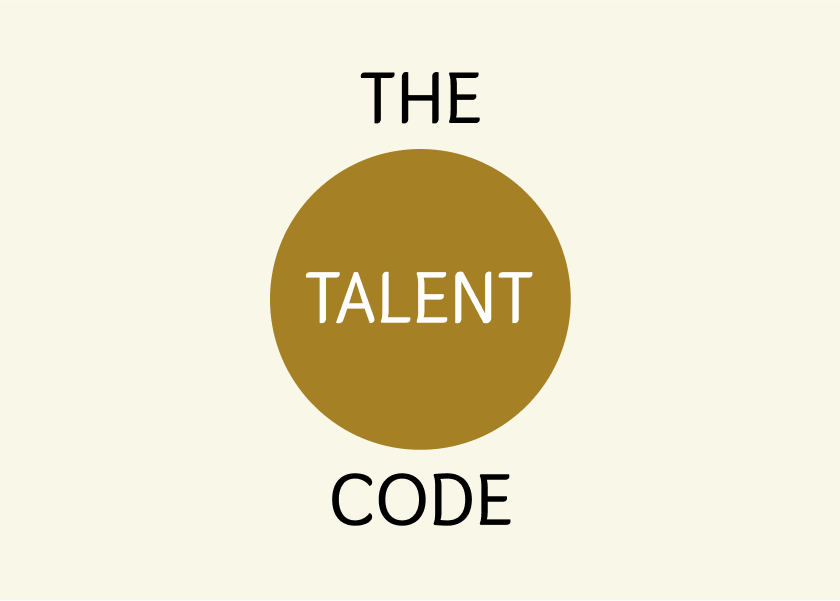Breath by James Nestor - Summary
Discover the lost art of breathing! Uncover how it impacts your health, athletic ability, and longevity. Learn to harness your breath for a deeper understanding of life. Your journey to optimal well-being begins here.

The following is a summary and review of the book Breath by James Nestor.
Are You Breathing Wrong? Unlock the Secrets to Optimal Health
Do you ever wonder if you're getting the most out of every breath? What if the simple act of breathing could unlock greater health, athletic prowess, and longevity? James Nestor's Breath: The New Science of a Lost Art delves into this very question, revealing how modern life has led us to forget the ancient wisdom of proper breathing. This article provides a comprehensive summary of the book, offering you a time-saving route to understanding and implementing its key principles. Discover the actionable tips that can transform your well-being, all in one place.
Table of Contents
- About the Author
- Who Should Read This Book?
- Key Insights and Themes
- Detailed Summary
- Review
- Actionable Takeaways
- FAQs
- Conclusion
About the Author
James Nestor is a renowned author known for his investigative journalism and deep dives into science and health. His previous work, Deep: Freediving, Renegade Science, and What the Ocean Tells Us About Ourselves, garnered critical acclaim, establishing Nestor as a respected voice in the field. With Breath, Nestor continues his exploration of the human body's untapped potential, blending personal experience with scientific research to deliver a compelling and transformative read.
Who Should Read This Book?
Breath is a valuable resource for a wide audience, including:
- Athletes: Those seeking to improve endurance, performance, and recovery.
- Health Enthusiasts: Individuals interested in optimising their overall well-being through simple yet effective techniques.
- Individuals with Respiratory Issues: People looking for alternative or complementary approaches to managing asthma, snoring, or sleep apnea.
- Anyone Experiencing Stress or Anxiety: Those wanting to harness the power of breath to calm the nervous system and reduce feelings of stress.
Key Insights and Themes
Here are the key takeaways from Breath:
- Mouth breathing is detrimental to health, while nasal breathing offers numerous benefits.
- Slow, conscious breathing can profoundly impact the nervous system, immune response, and overall health.
- Chewing is essential for developing proper facial structure and open airways.
- Breath-holding techniques, when practiced consciously, can increase resilience and reduce anxiety.
- Over-breathing, while generally harmful, can be strategically employed in specific practices like Tummo to boost energy and well-being.
- The quality of breath is more important than the quantity.
Detailed Summary
Breath is divided into three parts, each exploring different facets of breathing.
Part One: The Experiment
- Chapter One: The Worst Breathers in the Animal Kingdom: Nestor recounts his experience participating in a Stanford University experiment where he and Anders Olsson plug their noses and are forced to breathe through their mouths for ten days. This chapter sets the stage by illustrating the immediate negative impacts of mouth breathing, including increased blood pressure, snoring, and fatigue.
- Chapter Two: Mouthbreathing: This chapter delves deeper into the harmful effects of mouth breathing, from reduced oxygen absorption to increased stress on the body. Nestor explores how mouth breathing disrupts the natural filtering and humidifying functions of the nose, leading to various health problems.
Part Two: The Lost Art and Science of Breathing
- Chapter Three: Nose: Nestor highlights the importance of nasal breathing, explaining how the nose filters, humidifies, and regulates airflow. He discusses the science behind nasal breathing, including the production of nitric oxide, which aids in vasodilation and oxygen absorption.
- Chapter Four: Exhale: The chapter focuses on the benefits of full exhalation and practices like the Five Tibetan Rites that can improve lung capacity and overall health. Nestor explores how proper exhalation can help to reduce stress and improve cardiovascular health.
- Chapter Five: Slow: Nestor explores the benefits of slow breathing, particularly "resonant breathing" or "coherent breathing," which involves taking approximately 5.5 breaths per minute. This technique, with 5.5-second inhales and 5.5-second exhales, can enhance heart rate variability, reduce blood pressure, and promote relaxation.
- Chapter Six: Less: The chapter delves into the concept of breathing less, exploring the Buteyko Method, which aims to reduce over-breathing and increase carbon dioxide levels in the body. Nestor discusses how Buteyko breathing can help manage asthma, anxiety, and other respiratory conditions.
- Chapter Seven: Chew: Nestor examines the importance of chewing for facial development and airway health. Drawing on the work of Weston Price, he illustrates how modern diets lacking in hard-to-chew foods contribute to crooked teeth and compromised airways.
Part Three: Breathing+
- Chapter Eight: More, on Occasion: This chapter explores techniques that involve temporary over-breathing, such as Tummo, to stimulate the nervous system and boost energy. Nestor discusses how these practices, when done correctly, can increase body temperature, reduce stress, and enhance overall well-being.
- Chapter Nine: Hold It: Nestor investigates the benefits of breath-holding, explaining how conscious apnea can reduce anxiety and increase resilience. He discusses the science behind breath-holding, including its effects on the amygdala and the nervous system.
- Chapter Ten: Fast, Slow, and Not at All: This chapter explores various advanced breathing techniques, including Holotropic Breathwork and Sudarshan Kriya, highlighting their potential to induce altered states of consciousness and promote healing.
Review
Breath is a captivating and informative exploration of a fundamental aspect of human health. Nestor masterfully blends scientific research with personal anecdotes, making complex concepts accessible to a general audience. The book's strength lies in its practical approach, offering readers actionable techniques to improve their breathing and overall well-being. However, some readers may find the breadth of information overwhelming, and the lack of definitive scientific consensus on certain techniques might raise concerns. Despite these minor drawbacks, Breath remains a valuable and thought-provoking read for anyone interested in optimising their health.
Actionable Takeaways
Here how to apply these lessons in real life:
- Practice Nasal Breathing: Make a conscious effort to breathe through your nose during the day and while sleeping (using mouth tape if necessary).
- Slow Your Breath: Aim for a breathing rate of around 5.5 breaths per minute, with equal inhales and exhales.
- Chew Thoroughly: Incorporate harder-to-chew foods into your diet and chew each bite mindfully.
- Explore Breath-Holding: Experiment with breath-holding exercises to increase your resilience and reduce anxiety.
- Consider Advanced Techniques: If you're interested in exploring deeper states of consciousness and healing, research practices like Tummo, Holotropic Breathwork, or Sudarshan Kriya.
FAQs
- What is "Breath: The New Science of a Lost Art" about? "Breath" explores the science and history of breathing, revealing how modern life has led us to breathe incorrectly and offering techniques to improve our breathing and overall health.
- Is "Breath" worth reading? Yes, "Breath" is a valuable read for anyone interested in optimising their health, athletic performance, or stress management. It provides actionable tips and insights that can be easily incorporated into daily life.
Conclusion
James Nestor's Breath is a compelling journey into the science of breathing, offering a wealth of knowledge and practical techniques to transform your health and well-being. By understanding and implementing the principles outlined in this book, you can unlock your body's full potential and experience a deeper, more vibrant life. Take the first step towards better breathing and a healthier you today.
As an Amazon Associate, ShelfHelp may earn money from qualifying purchases. Needless to say, ShelfHelp only includes affiliate links to books we recommend and think are worth your time reading.




